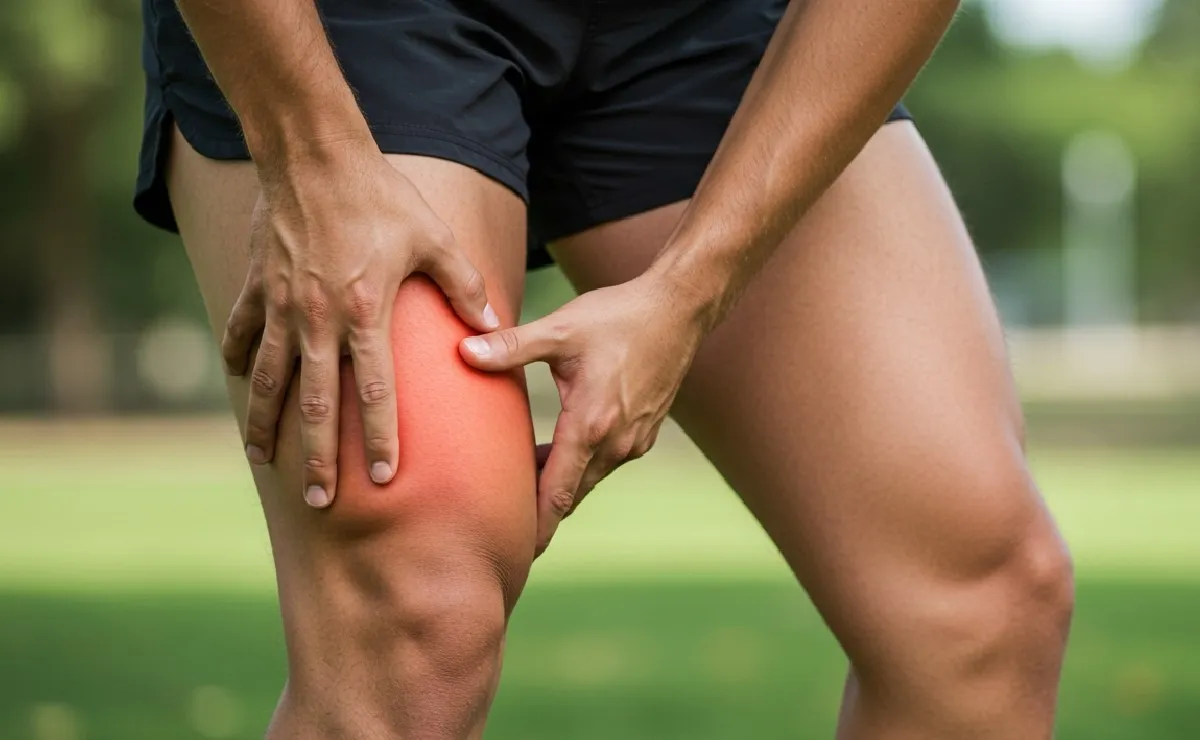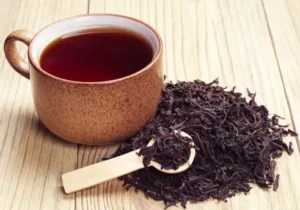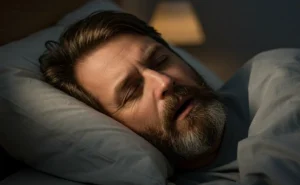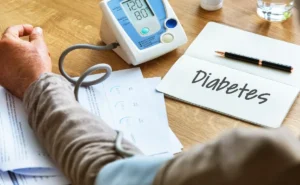Muscle cramps can occur at unexpected times, from a workout to a night’s rest.
Muscle cramps, those sudden, involuntary contractions that can disrupt everything from physical activity to sleep, primarily affect leg muscles, such as the calves, hamstrings, or quadriceps.
Although they usually last only a few minutes, their intensity can be debilitating and, in some cases, could be a symptom of more serious problems.
Overexertion, dehydration, and electrolyte imbalances are the most common causes of cramps.
According to Dr. Mohamed Najjar, a specialist at the Jorja Healthcare Group, these painful contractions occur most often during or after exercise, although they can also occur during sleep. Deficiencies in minerals such as potassium, sodium, and magnesium are also among the main triggers.
” Muscle cramps primarily affect the legs. Stretching the muscles and staying hydrated are key strategies for treating them. Additionally, applying heat or cold can relieve pain,” Najjar explained to the British outlet The Sun.
Other associated factors include nerve compression due to spinal injuries, certain medications, and physiological changes during pregnancy. In older adults, nighttime cramps are especially common, although they generally don’t pose a serious risk, according to sports medicine specialist Lewis Raiman.
Immediate treatments for pain relief
When experiencing a cramp, the most effective approach is to gently stretch the affected muscle in the opposite direction to the spasm. Massaging the area can also help relax the muscles and reduce pain. Other strategies include:
- Heat application: Warm showers or hot towels to relax muscles.
- Use of cold: Compresses or ice to reduce inflammation and subsequent discomfort.
- Over-the-counter pain relievers: Medications such as ibuprofen can relieve persistent pain.
Prevention strategies
Implementing lifestyle changes can significantly reduce the frequency and intensity of cramps. Here are the main recommendations:
- Daily Stretching: Especially before bed, passive stretching is effective against nighttime cramps.
- Proper hydration: Drinking enough water, especially in hot weather or during exercise, is essential.
- Electrolyte replacement: Including drinks rich in potassium, sodium, and magnesium can help balance the necessary minerals.
- Avoid overexertion: Modifying your training routines if cramps recur is key to preventing new episodes.
When to see a doctor
If cramps are persistent, affect sleep, or interfere with daily life, they could be a sign of an underlying condition. Dr. Raiman warns that symptoms such as muscle weakness, numbness, constant fatigue, unexplained weight changes, excessive thirst, or frequent urination require medical attention.
Dr. Najjar also emphasized that prolonged episodes, lasting more than ten minutes, or those accompanied by leg swelling, should be evaluated by a specialist. These cases could be related to diabetes, thyroid disease, kidney problems, or neurological disorders.






















+ There are no comments
Add yours